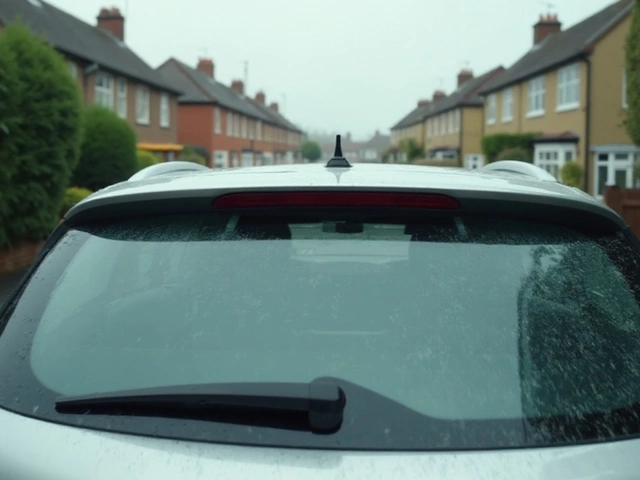Legality of Car Modifications in the UK – Quick Guide
Thinking about changing something on your car? Maybe a rear windscreen wiper, new lights, or a lowered suspension? Before you grab a wrench, it helps to know what the law says. In the UK, the rules are clearer than you might think, and breaking them can cost you money, points, or even a failed MOT.
Common Legal Mistakes
One of the most talked‑about questions online is whether you can remove the rear windscreen wiper. The short answer: it’s illegal if the car was originally sold with one, because the wiper is considered a safety device. The MOT test will flag the missing part and you’ll have to reinstall it before you can pass.
Other popular mods that often land owners in trouble are:
- Lighting upgrades: Changing headlights to a brighter colour or fitting extra lights without approval can be deemed unsafe.
- Number plates: Swapping out a standard plate for a fancy font or a different size breaks UK regulations.
- Suspension changes: Lowering your car too much can affect ride height limits set by the MOT and may cause tyre wear issues.
- Exhaust alterations: Removing the muffler or installing an aftermarket exhaust that exceeds noise limits is a fine‑worthy offence.
Most of these issues surface during the yearly MOT. The test officer checks for proper lighting, secure windscreen wipers, correct plate specifications, and that any modifications don’t compromise safety.
How to Stay on the Right Side of the Law
Here are some practical steps you can take right now:
- Check the vehicle’s original specifications. Look at the V5C registration document or the owner’s manual. If a part was fitted at the factory, you can’t simply toss it out.
- Consult the DVSA guidelines. Their website has a clear list of what’s allowed for lights, mirrors, and other accessories. A quick look can save you a costly fix later.
- Keep receipts and approval letters. If you install an aftermarket part that meets EU standards, keep the CE marking and purchase proof. It shows you did it legally.
- Ask a professional. A reputable garage will know which mods pass MOT and which don’t. They can also do a pre‑MOT check for peace of mind.
- Consider insurance impact. Some policies require you to report modifications. Failing to do so can void coverage if you’re in an accident.
When in doubt, the safest route is to leave the part in place or replace it with an approved equivalent. For example, if you really don’t want a rear wiper, you can apply for a ‘wiper exemption’ for certain vehicle types, but the paperwork is a hassle and not always granted.
Bottom line: Most car owners only need a few quick checks to stay legal. Make sure any change you make is documented, meets DVSA standards, and won’t surprise you at your next MOT. That way you keep your ride safe, your wallet happy, and the police off your tail.
 24 February 2025
24 February 2025
Is Full System Exhaust Illegal?
Full system exhausts can improve a vehicle's performance but are often at the center of legal debates. This article explores whether they're illegal, diving into regulations, potential fines, and common misconceptions. Learn how to navigate legal waters when modifying your car's exhaust system. The guide also offers tips for maintaining compliance and maximizing benefits.
Latest Posts
Tags
- car maintenance
- engine oil
- spark plugs
- brake pads
- engine performance
- vehicle maintenance
- spark plug replacement
- windshield wipers
- fuel pump
- suspension parts
- clutch replacement
- oil change
- clutch kit
- car suspension
- car performance
- air filters
- car radiator
- exhaust systems
- fuel pump replacement
- engine misfire






0